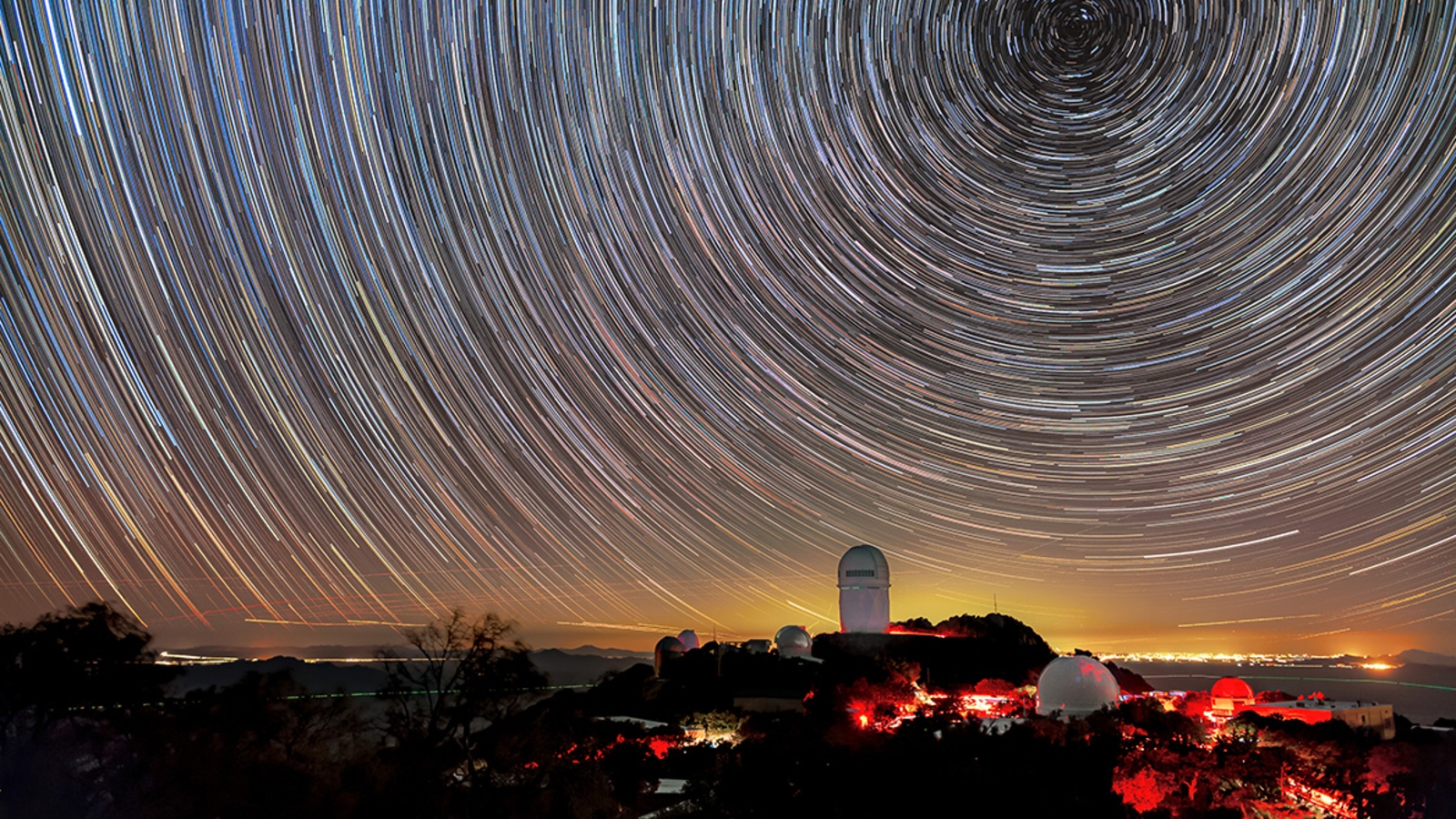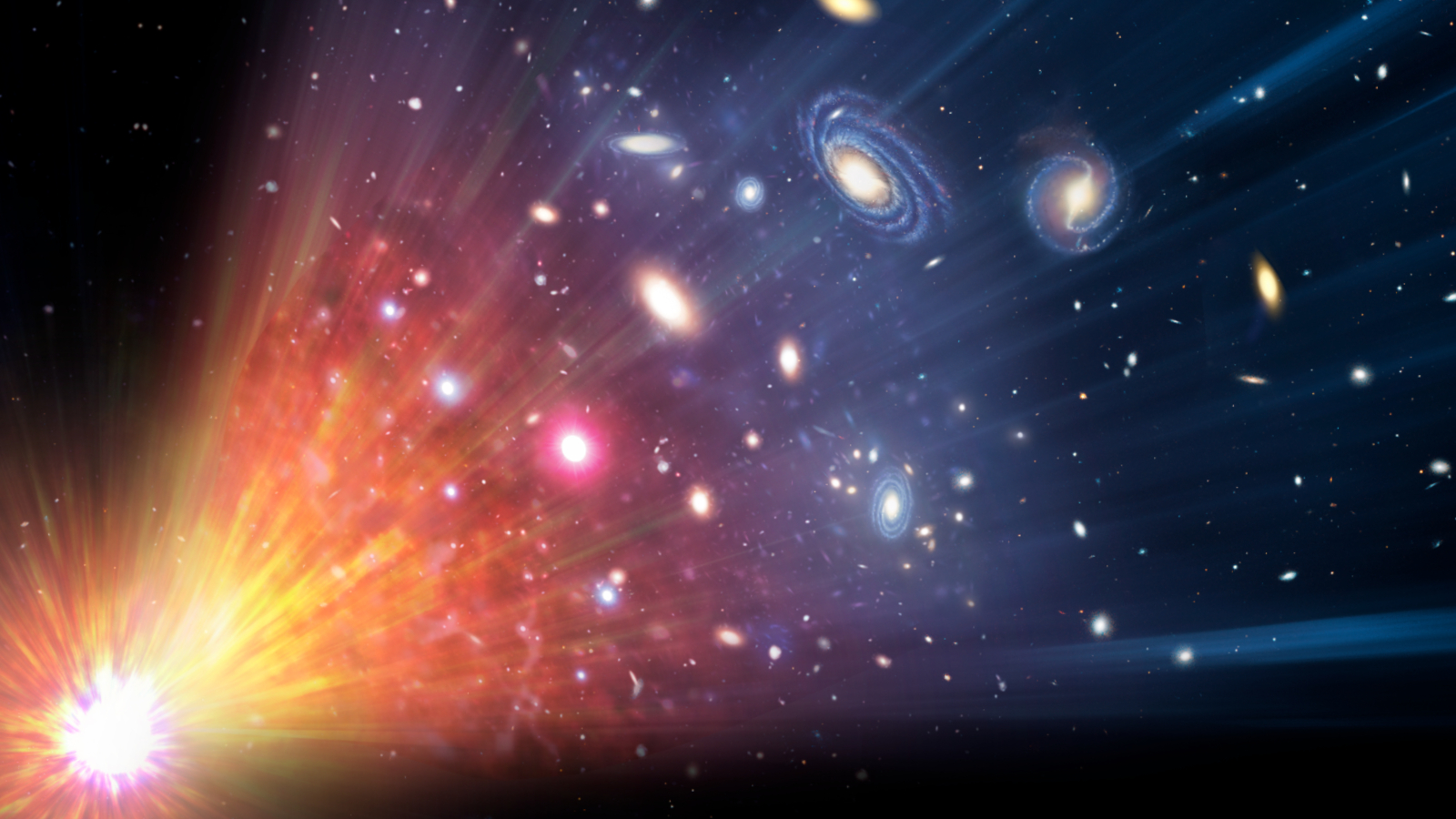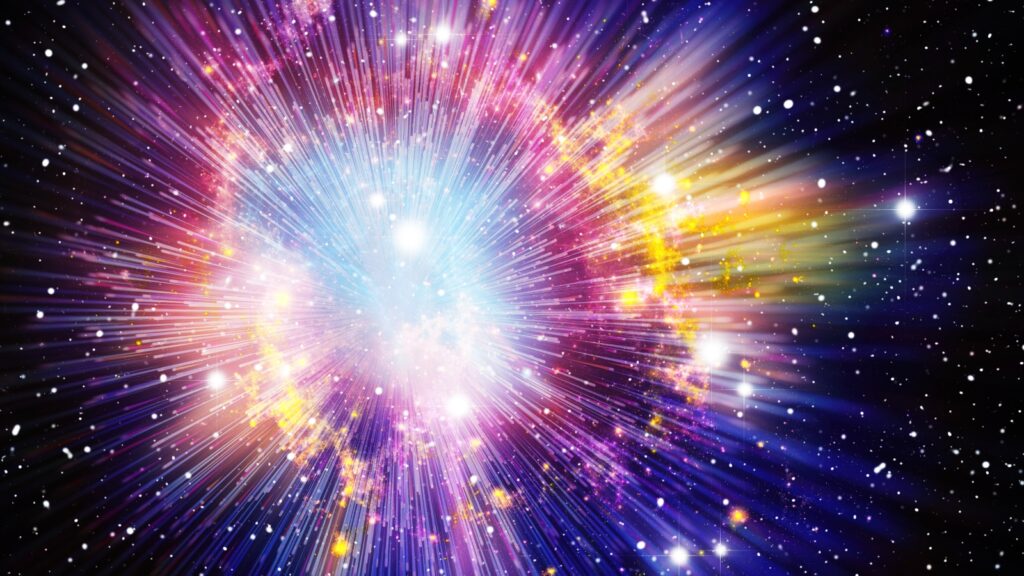A new paper has predicted that the universe’s expected lifespan is drastically shorter than once thought — and that the cosmos will start to die in just 10 billion years.
This is only one possible theory, however, and nobody really knows when the universe will end.
There are two leading theories for how the universe may die: the “Big Freeze” theory, which suggests that the cosmos will continue to expand until all the stars have lost their energy and cooled to absolute zero; and the “Big Crunch” theory, which suggests that the universe’s expansion is only temporary and that, after a certain point, it will begin to contract and eventually collapse in a reverse Big Bang. Scientists struggle to agree on which is more likely because recent observations have revealed uncertainties over how fast the universe is expanding — dubbed a cosmological crisis.
One way of resolving this crisis is to uncover the true value of the cosmological constant, a theoretical “magic number” that can be used to calculate cosmic expansion. But to do this, we first need to uncover the elusive identity of dark energy — the mysterious force or substance that seems to be driving the universe’s expansion.
To that end, in a new paper uploaded June 30 to the preprint server arXiv that has not yet been peer-reviewed, researchers looked at recent findings from the Dark Energy Survey (DES) and the Dark Energy Spectroscopic Instrument (DESI), which hint that dark energy is made up of axions.
Axions are hypothetical ultralight particles that rarely interact with matter. If they exist, then it means that the cosmological constant has a negative value, which will lead to a Big Crunch, the researchers argued. And their calculations indicate that this would happen sooner than expected.
Related: 10 wild theories about the universe

Using their new model for the Big Crunch, the researchers estimate that the total lifespan of the universe is around 33 billion years. Given that the universe is currently believed to be around 13.8 billion years old, this means that the cosmos has already completed over one-third of its total life.
If the new timeline is correct, the universe will stop expanding in around 10 billion years and begin to rapidly contract much faster than other models have previously predicted, Live Science’s sister site Space.com recently reported. Other models suggest that the Big Crunch may not happen for hundreds of billions of years.
The true identity of dark energy remains a mystery, however, meaning that the new model is purely theoretical.
Other possible timelines
This is not the first study to suggest that the Big Crunch may start to happen sooner than expected. In 2022, researchers proposed that the universe could stop expanding in as little as 100 million years.
But if the universe instead ends in a Big Freeze, which was the scenario favored by Albert Einstein, then its death will likely come much later.

Recent research has suggested that the soonest the Big Freeze may come to pass is in around 1 quinvigintillion (1 followed by 78 zeroes) or 1,000,000,000,000,000,000,000,000,000,000,000,000,000,000,000,000,000,000,000,000,000,000,000,000,000,000 years.
Other theories suggest that cosmic expansion may be capable of suddenly reversing multiple times, which further complicates potential timeframes for either scenario. Stephen Hawking’s work on black holes also suggested that everything in the universe could evaporate before either scenario plays out.
Some experts have additionally suggested that our universe could be one of many reincarnations in an endless cycle of Big Bangs, or Big Bounces. These would essentially make the cosmos immortal. Others have proposed that the universe is a simulation or hologram, which raises the question of whether it is even “real” at all.
The only thing that most researchers can agree on is that it could take a very, very long time to find out who is right.
